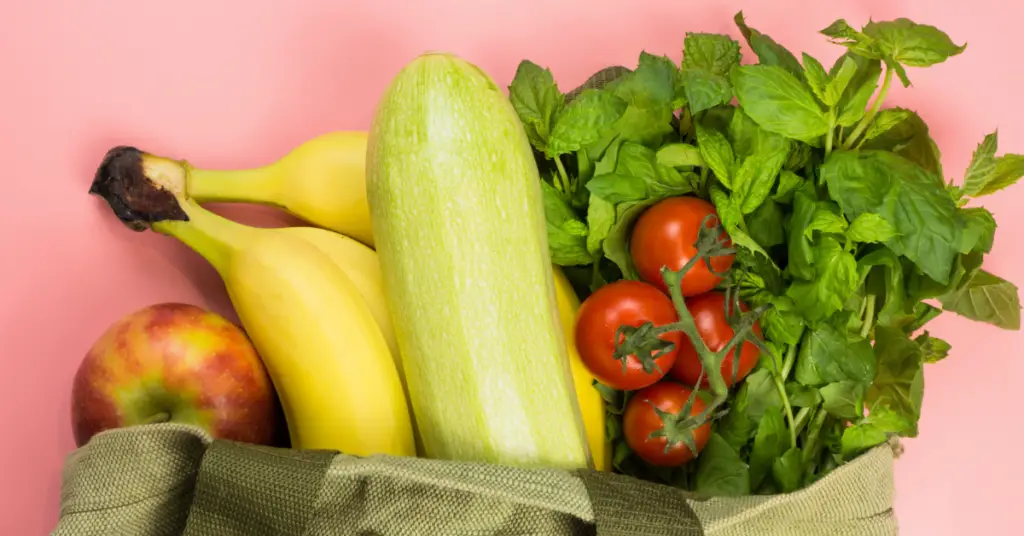With Asia supplying billions upon billions of goods sold in the United States, the number of cargo containers offloaded at California’s Port of Long Beach has tripled in a decade. Traffic jams of leviathan, cargo ships— some carrying over 10,000 full tractor-trailer-containers— are not uncommon in Long Beach.
Inside these ships’ containers are products your family uses every day: jeans, cell phones, toasters, teddy bears, paper clips, bicycles, basketballs, and much, much more.
Even non-exotic daily foods such as apples and soybeans come to us routinely by giant ships. Just one of these ships can burn 400,000 pounds of diesel fuel per day (of their 30,000,000-pound capacity), spewing out countless tons of carbon dioxide and carcinogenic particulate pollution.
Because the emissions of these ships are not regulated as strictly as those of land vehicles, one container ship coming into the harbor at Long Beach can produce emissions equivalent to over a third of a million modern passenger cars.
With so much global warming riding on the everyday products we use, how can we cut the climate change associated with our goods?
Buying products made locally s is a good start. The more local you can buy, the better.
However, there’s an unavoidable challenge in trying to buy local these days: given the global economy, an “American-made” product may be comprised of components from all over the world.
It’s even common today to have a product made from materials from one country, assembled in another, and shipped back for sale to the country where the materials originated.
How to become a more conscious consumer?
So how can we truly be Green Patriot consumers and make sure we are buying
our country-made products and buying from our state, region, and community?
You must do some research to ensure that your purchases are serving to slow
global warming. As information about the source of materials and parts in goods
isn’t always easy to come by, becoming informed about your buying decisions
does take some legwork.
Labels on products can provide information, but most often they only tell you
where the product was manufactured, rather than the sources of its component
parts and materials. However, armed with your phone, computer, and pen, you
can get detailed information about the products you are considering: about where
the materials come from, where and how the products are manufactured, and
how they are transported to stores and customers.
The best merchants will be able to provide this kind of information about their products; they can also direct you to the manufacturers for more information (or even contact them for you).
If the stores aren’t shedding enough light on the makeup and life cycle of the product, use the Internet to search for customer service and product hotline phone numbers—or even the numbers for corporate headquarters.
Making your desire for this detailed product life cycle information known to manufacturers and retailers can have the effect of pushing them to proactively
provide this information to all consumers, as they see that providing such
information is key to keeping and attracting more eco-conscious customers.
If you’re lucky enough to have a local farmers’ market or community-supported agriculture farm in your community, you can buy super-local, and get the best and most direct information about the groceries you buy.
Sometimes these buying decisions can be befuddling. For example, is it better
to buy non-organic apple juice made from apples grown in your region or
organic juice shipped from Mexico? These cost-benefit analyses aren’t easy, but
thankfully, there are organizations like Co-Op America and the Union of
Concerned Scientists (UCSUSA) if you live in USA, that can help you out.
The UCSUSA book Consumer’s Guide to Effective Environmental Choices can help with conundrums like this one and help to get your environmental priorities straight.
There’s no shielding the fact that being a conscientious shopper for a cooler planet takes some effort. But there are organizations and resources, that are ready to help make this quest smoother.

Erzsebet Frey (Eli Frey) is an ecologist and online entrepreneur with a Master of Science in Ecology from the University of Belgrade. Originally from Serbia, she has lived in Sri Lanka since 2017. Eli has worked internationally in countries like Oman, Brazil, Germany, and Sri Lanka. In 2018, she expanded into SEO and blogging, completing courses from UC Davis and Edinburgh. Eli has founded multiple websites focused on biology, ecology, environmental science, sustainable and simple living, and outdoor activities. She enjoys creating nature and simple living videos on YouTube and participates in speleology, diving, and hiking.

